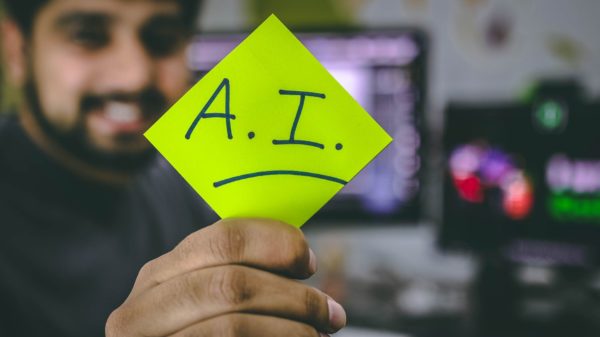Patents are incredibly powerful intellectual property rights. In the pharmaceutical and medical industries in particular, it’s the ‘patent promise’ (i.e. promise of two decades of monopolistic control over a new drug or a new piece of medical technology), and the financial windfall that goes with it, that incentivises industry giants to spend billions in the constant pursuit of innovation.
Without that promise, without the expectation of market exclusively, and without the guarantee of a return on the investment of billions in research and development, so the argument goes, the world would never have had all that invention and innovation in the first place.
But the relationship between patents and innovation is an uneasy one, particularly when the innovation is in the area of essential medicine. One of the most critical barriers to the prevention of HIV and AIDS in poorer countries relates to patents. This is because, once medication is patented, the patent holder controls the manufacture, distribution, sale, supply and, crucially, price of that medication. The result is that very often poorer countries simply cannot afford the medication. However, in some countries, governments incorporate mechanisms into their patent laws to enable special access to patented medication and other essential technologies e.g. in times of crisis.
In light of the fact that multiple companies have now announced success in the development of COVID-19 vaccines, it will be interesting to see what measures if any will be introduced by governments to ensure equitable access to COVID-19 medication, both in their own countries and more broadly around the globe.
India and South Africa are proposing that WTO member states be allowed to waive patents rights in relation to COVID-19 medication (including the Moderna and Pfizer vaccines that are expected to be approved in the coming weeks) until the end of the pandemic. This would allow manufacturers to begin producing COVID-19 vaccines without fear of being sued or prosecuted for patent infringement.
The proposal has been opposed by the UK, the US, Canada, Australia and the EU, all of which have reserved billions of doses of potential vaccines through bilateral deals. The UK’s position is that the proposed waiver would be counter-productive and would undermine the patent regime that produced the vaccines so quickly. As above, it is the ‘patent promise’ that drives innovation in the first place.
Moreover, the UK government has said that the current system allows for pharmaceutical companies to voluntarily share data and technology, and that some had already done so. AstraZeneca and Novavax have already struck agreements with organisations that aim to share technology and increase immunisation in poorer countries.
It remains to be seen how exactly COVID-19 vaccines will be rolled out across the globe. What is clear is the crucial role that intellectual property rights (and patents in particular) play, both in the initial motivation to find a solution to the problem, and in the ultimate distribution of the vaccine across the globe.
Briffa are experts in all aspects of intellectual property law and practice and advise clients operating in a broad range of sectors, including medical technology. If you would like to arrange a free consultation with one of our specialist intellectual property lawyers, please contact us on 020 7096 2779 or info@briffa.com.
Written by Éamon Chawke, Partner

